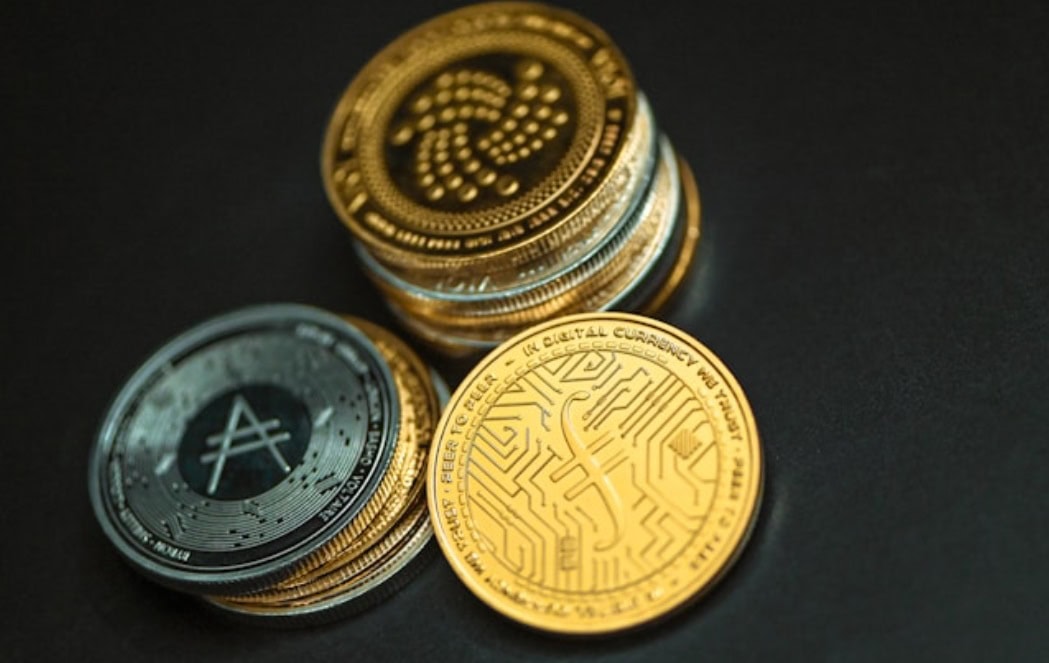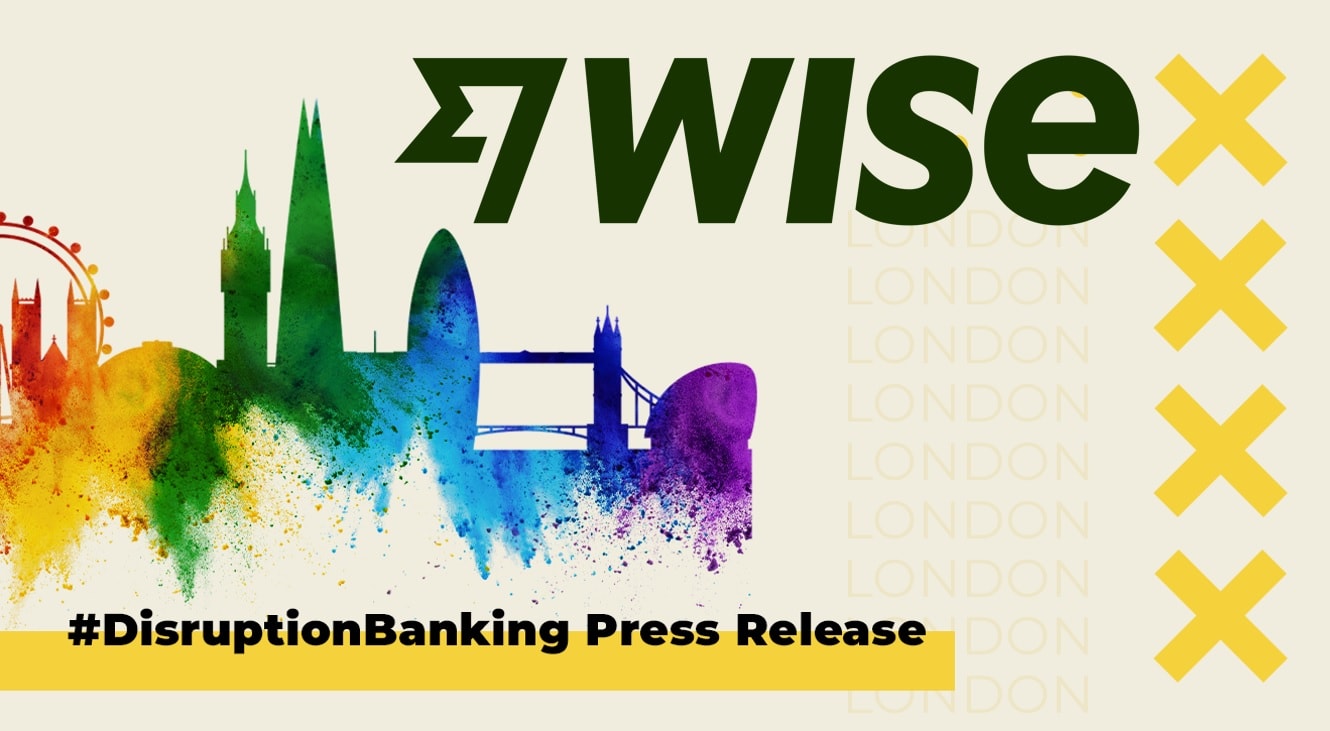The South Korean financial services regulator has announced a temporary ban on short selling in a bid to level the playing field between institutional and retail investors. However, some fear that this could damage the country’s hopes to become a financial services powerhouse in Asia and beyond.
Earlier this month, the South Korean government reimposed a ban on short selling trades involving the shares of the country’s largest companies, which are listed on the KOPSI200 and KOSDAQ150 share price indices. Yesterday, the regulator confirmed that when the ban is lifted in June, retail and institutional traders will be subject to the same rules on how short selling can be conducted.
S.Korea to ban all stock short-selling through June 2024 https://t.co/jMGK4vNqcQ pic.twitter.com/UAgkcgtAgo
— Reuters (@Reuters) November 5, 2023
The Financial Services Commission (FSC) noted that it would be lowering the ratio of cash required as collateral for retail investors to 105%, down from the current 120% and the same as is required from institutional investors. Institutional investors will also only be allowed to borrow stocks for short selling for a maximum of ninety days, the same restriction that is currently in place for retail investors.
The Vice Chairman of the FSC, Kim So-young, attended a meeting about these reforms yesterday that included representatives from the private sector, the ruling party of South Korea’s National Assembly, and the government. The FCS noted that “currently, the stock borrowing conditions for short selling remain unequal between institutional investors and retail investors […] as a way to resolve this problem, the authorities propose making the stock repayment period and margin requirement the same for both institutional investors and retail investors.”
Capital markets reform is an issue of significant political interest in South Korea because domestic markets are dominated by retail investors. A recent study conducted by the Korea Securities Depository (KSD) revealed that retail investors accounted for 64% of annual transactions on South Korean stock markets last year, the highest ratio of any stock market in the world and more than double the percentage on similar markets in the US and Japan. The number of retail investors in South Korea has more than doubled since 2020, and nearly tripled over the last five years.
With approximately 20% of Koreans now estimated to own stock trading accounts, retail investors have become a powerful political bloc in recent years. There has therefore been significant pressure on the government to clamp down on perceived unfair practices on the part of institutional investors, particularly in the run up to legislative elections next year.
Retail investors accounted for 64% of annual transaction amounts in the Korean stock markets last year, the highest ratio in global stock markets, showing the relative strength retail investors wield over local stock markets compared to other countries.https://t.co/f9fgYlG69v
— #DisruptionBanking (@DisruptionBank) November 17, 2023
This is partly in light of global trends, such as the GameStop saga, in which the trading platform Robinhood tried to block retail investors from buying the stock to prevent them from inflicting huge losses on hedge funds that had short selling positions. However, there has been particular anger at short selling practices in South Korea, particularly given that it is mainly conducted by foreign institutional investors that are perceived as unfairly distorting markets.
While retail investors have welcomed the FSC’s move to “level the playing field,” which also includes more stringent punishment of illegal short selling activities, global firms have expressed fears that this could damage the attractiveness of South Korean capital markets. After all, short selling can play a number of important roles in markets, such as helping to prevent stock price bubbles
A major investment bank was quoted by the FT as saying regulators had created a “bogeyman” and a “phantom farce” to appease retail investors. They added that the ban would make it harder for traders to value listed companies accurately and would thereby deter international investment. Perhaps the most important immediate impact is that the ban could stall South Korea’s ambition to be upgraded from an emerging to developed market by global indices such as the MSCI. The move could also stunt the growth of Seoul’s financial services and quantitative trading industries.
Global index provider MSCI keeps South Korea on its list of emerging markets following an annual review, once again thwarting the nation’s bid for an upgrade to the coveted "developed market" status https://t.co/gOTPjRxgFi
— Bloomberg (@business) June 23, 2023
The Korea Stock Exchange KOPSI Index has jumped 3.5% this week on the back of the news, with the KOSDAQ up almost 5%, mainly because retail investors are optimistic they will make higher profits without institutional short selling. However, the longer-term impact on South Korean markets could be more detrimental should international firms follow through on their threats to reduce their exposure to Seoul.
Author: Harry Clynch
#Seoul #SouthKorea #CapitalMarkets #RetailInvestors















